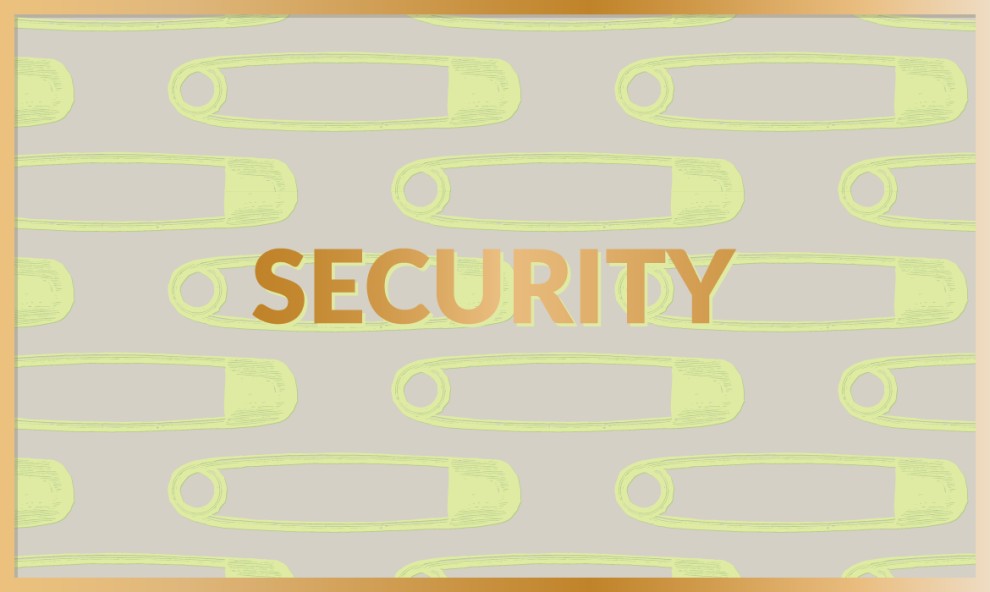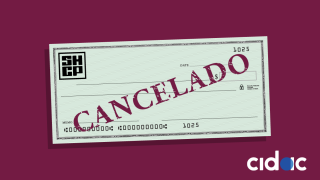On November 20th, a series of public demonstrations in various parts of Mexico and the rest of the world are expected; their flagship is the demand for justice within the context of the political crisis derived from the Ayotzinapa case. As some analysts have argued, perhaps the current federal government may not be directly accountable for Iguala’s tragic events on September 26th. However, the unrest cannot be explained due to an issue as the occurrences of Guerrero, Tlatlaya (State of Mexico), and even the so-called “Las Lomas’ White Manor” fatuous scandal. Peña’s administration faces a structural problem that has been aggravated over the years and that has currently gone out of control, paralyzing and exacerbating the aforementioned crisis. It is difficult to know whether the degree of social unrest is enough (in absolute terms) to represent a risk for the current federal authorities. The truth is that the response to this environment has not been precisely the best. In fact, in an unprecedented decision in modern history, the government decided to cancel the annual military parade that commemorates the start of the Mexican Revolution, a decision that left the Secretary of Defense perplexed. Without taking into account the effects that these protests will cause in everyday life, especially within the capital, it seems that it is the right time to analyze the way in which the federal government has been reacting (or not) towards the various events that have led to the social unrest in the country these days.
With the approval of the eleven structural reforms in 2013, Enrique Peña’s government appeared to have everything under control within the political and economic areas. While certainly the inner spirit was never too keen with these legislative achievements resulting from a successful political management from the Executive Power, the international community burst into praise on the work of PRI’s government. Even Time magazine published the image of a Mexican president that was allegedly saving his country. However, the federal authority has met with a reality that, given their reactions, seems not to fully understand. Even with the unfinished democratic transition, the authoritarianism that was the trademark of the seven decades of PRI in power has no longer the ability to remain as it used to. The attempt to manipulate and hide the problems of the real world is as anachronistic as it is ineffective. Similarly, exercising what the lawyer Diego Valadés once called “the meta-constitutional powers of the President “,even when put into practice-as in the case of federal intervention in Michoacán and the almost unlimited allocation of resources in the approval of reforms-they no longer have room in today’s world. Likewise, while the government has attempted to behave like the old PRI, has also kept some political prudence when deciding to address certain crises. One example of this is the morass unleashed after protests derived from the Ayotzinapa case.
Returning from his international tour in China and Australia, President Peña opted to send a message – that was both threatening as well as informative – on the power its government has to execute the “legitimate use of force” when relevant due to vandalism and unrest that was part of some demonstrations in recent days. Beyond the theoretical discussion about the State’s legitimacy on the use of force, via the government, it is interesting to review what the authorities’ options in the face of political crisis of this are. The Government inaction towards the abuses of some protesters who frankly violate the law and social peace, not only fosters an environment of uncertainty concerning the governance environment, it sends a negative message regarding the actual management capabilities complex situations like this. Certainly the PRI loaded with a ghost who has not been able to overcome: the authoritarian regime and sometimes repressor. The trauma started with the despicable events of October 2, 1968, has prevented the PRI adjust to a reality where repression and nothing is undesirable but impossible. The capabilities that the government is bound to have to maintain order without incurring abuse, resulting in an equation that, so far, the Peña administration has failed to solve. This gibberish has paralyzed the government and created the risk of throwing away all the effort of political management that led to unclog reforms that were required for two decades.
The Government paralysis in the face of the abuses committed by some protesters who frankly violate the law and social peace not only fosters an environment of uncertainty concerning the governance environment, it also sends a negative message regarding the capabilities of managing complex situations such as the aforementioned. The PRI is undeniably carrying a burden which it has not been able to overcome: the shadow of an authoritarian and sometimes repressive regime. The trauma started with the despicable events of October 2nd, 1968, has prevented PRI from adapting to a reality where repression is not only unwanted but impossible to carry out. The capabilities that the government is bound to have as to maintain order without incurring into abuse, have resulted in an equation that the Peña administration has so far failed to solve. This gibberish has paralyzed the government and has created the risk of throwing away all the effort of political management that led to the unclogging of reforms that had been required for two decades.
Despite the claims of some sectors demanding the resignation of all authorities – including federal ones – that stand in their way, it is essential to set foot on earth and find feasible solutions. The waiver or “forced separation” of certain public officers may be needed to conclude the crisis within the government, but it would not be a permanent solution. There is a need for a strategy that will respond to a reality that transcends individual cases. Mexico cannot afford to allow power vacuums and waste a great opportunity to implement economic reforms that, if properly executed, will represent a real hope of development that has not seen since the unfinished dream of the North American Free Trade Agreement. It is time for the federal government to start making decisions, but this should not equate to repressive authoritarianism, or the temptation to satisfy the need for a media scandal. It is time for the government to start ruling.
CIDAC







Comments